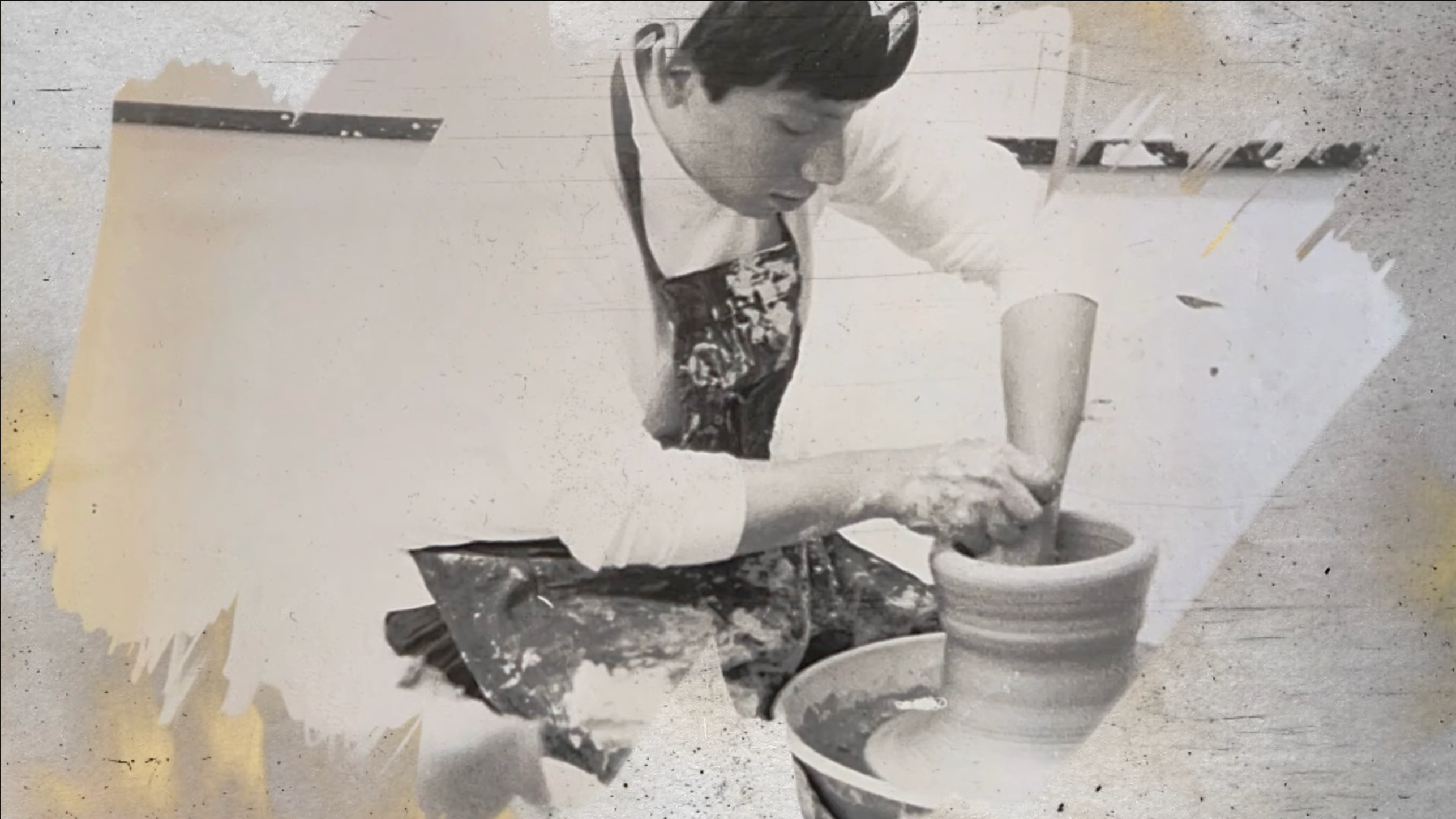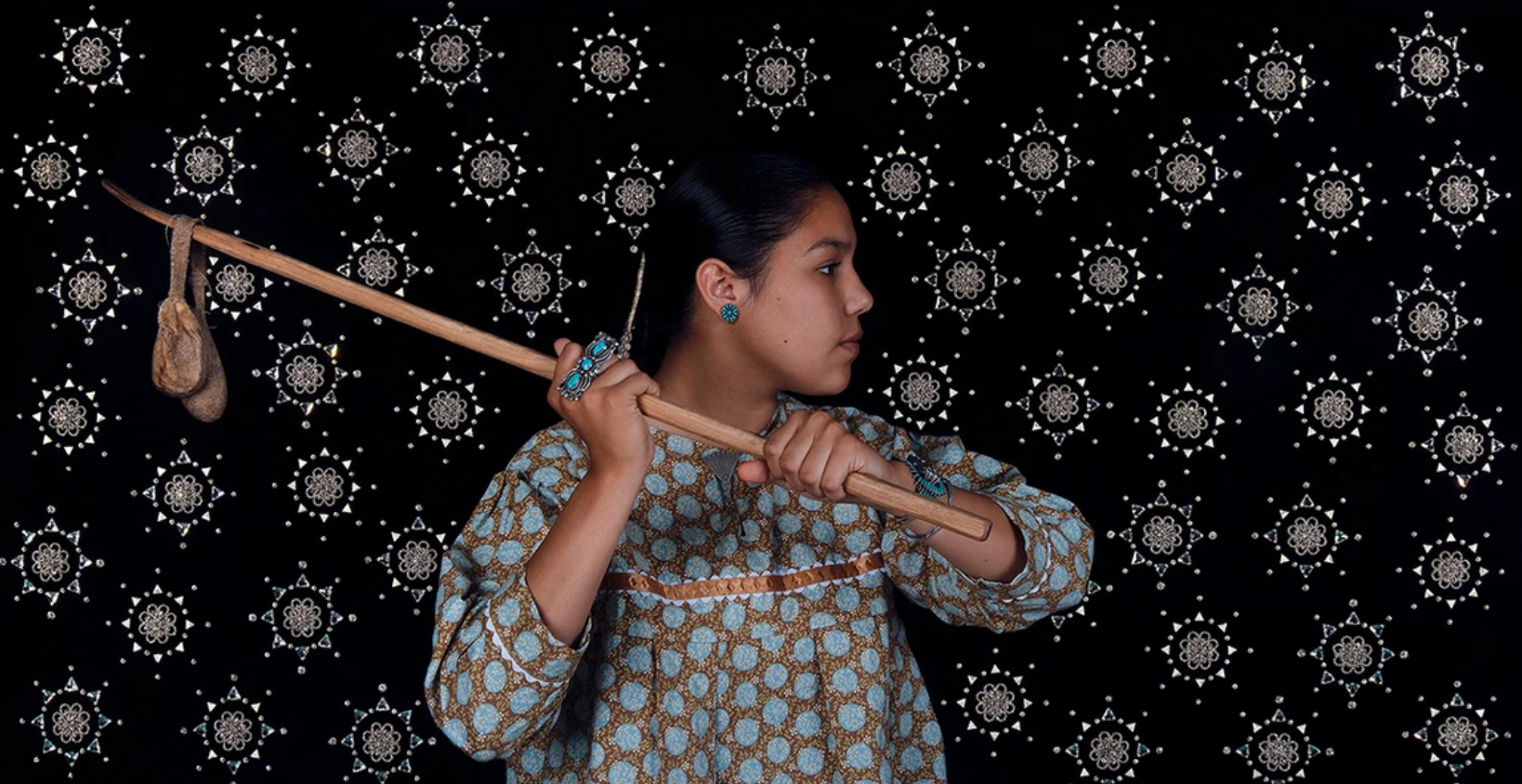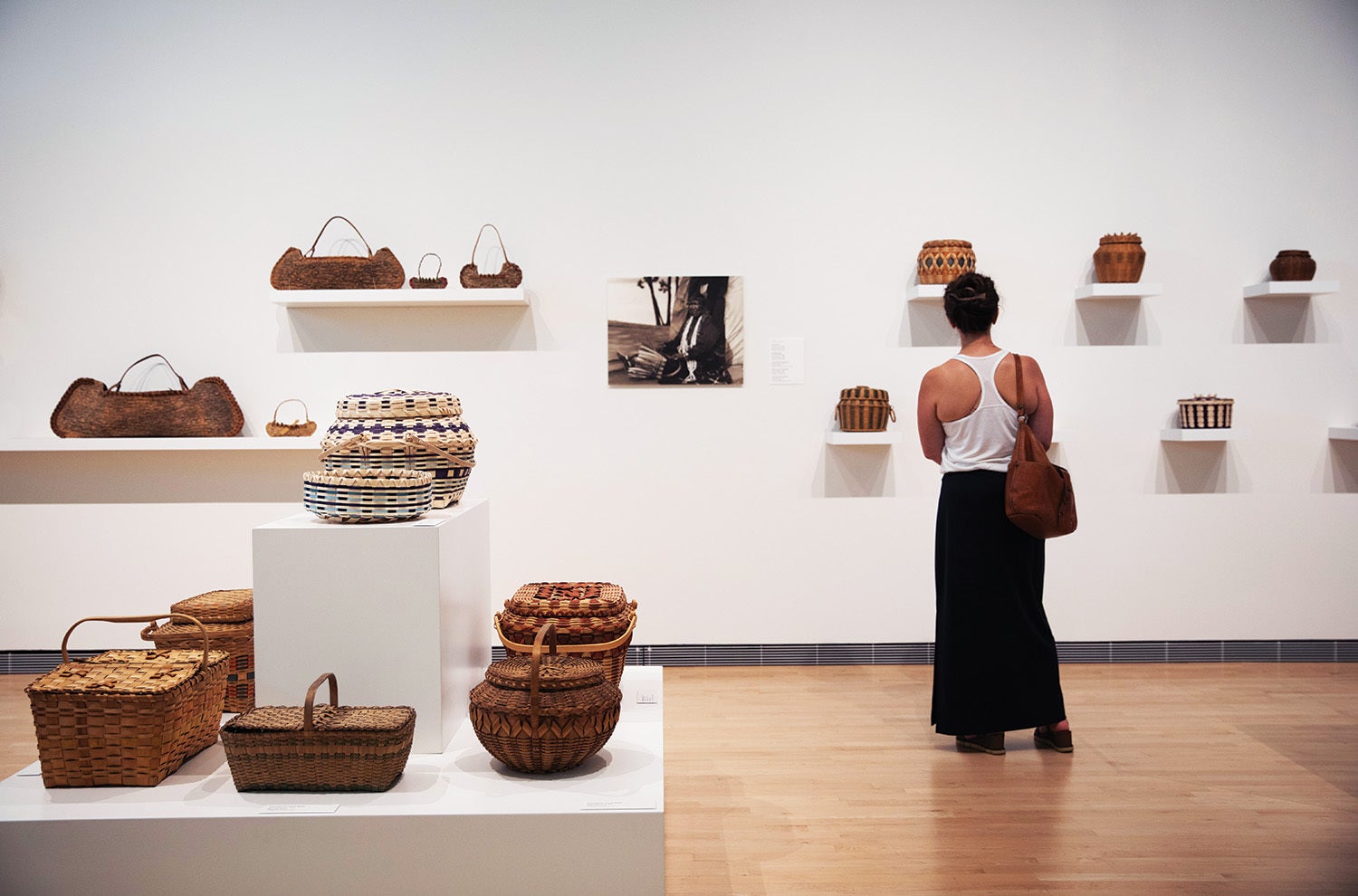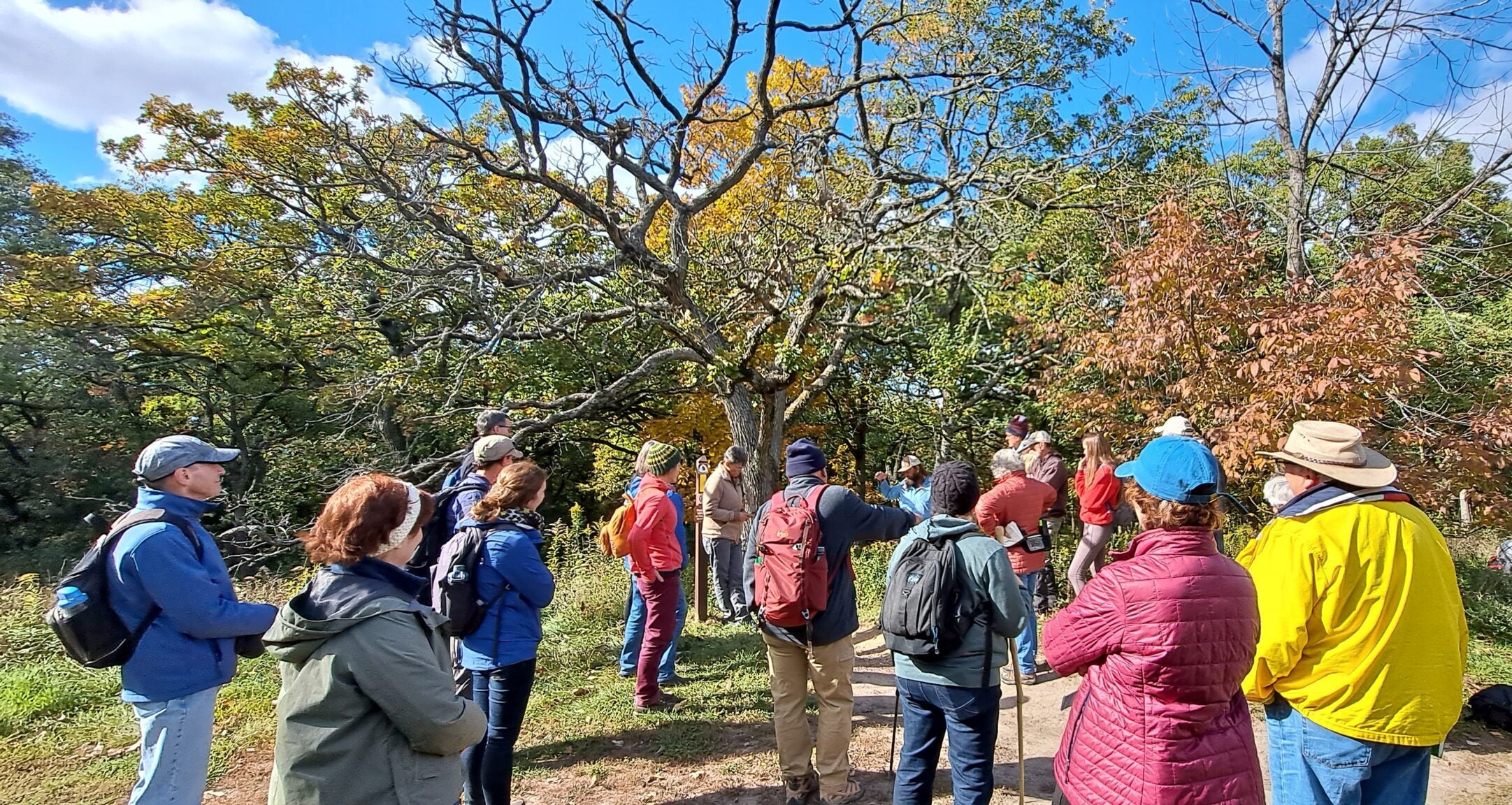A new short film documenting the life of artist Truman Lowe has won a Midwest Regional Emmy Award. It’s the first time a member of the Ho-Chunk Nation has won the award.
Lowe was a sculptor and woodworker and a member of the Ho-Chunk. His pieces were rooted in Native culture, showcasing the natural world by combining traditional woodworking with more modern techniques. His work is said to have pushed the boundaries of contemporary art.
The short film, titled “Exploring the Artistic Process of Truman Lowe: A Journey Through Native American Art & Education,” details Lowe’s legacy.
News with a little more humanity
WPR’s “Wisconsin Today” newsletter keeps you connected to the state you love without feeling overwhelmed. No paywall. No agenda. No corporate filter.
Casey Brown is a member of the Ho-Chunk Nation and one of the film’s creators. He recently told WPR’s “Central Time” that more people have seen the film thanks to the award.
“I’m just overjoyed that we won. And the biggest thing is that it’s a Ho-Chunk story that the Ho-Chunk Nation produced about just this remarkable Ho-Chunk person,” Brown said.
Lowe grew up in Black River Falls and attended the University of Wisconsin-La Crosse. In addition to being an artist, he worked as a professor at UW-Madison and was the coordinator of the American Indian and Indigenous Studies Program from 1975 to 1988.
During that time, he became a mentor to many of the university’s Native American students — Brown being one of them.
“I remember being a kid, and how I first knew about Truman was he had quote ‘weird art’ … and that is right then and there that I knew I loved weird art,” Brown recalled. “He was a mentor, honestly. He was here at UW and mentored so many students.”
Lowe died in 2019. In 2022, UW-La Crosse renamed its Center for the Arts in his honor. In September, UW-Madison acquired Lowe’s aluminum sculpture “Effigy: Bird Form,” placing it at the eastern edge of Observatory Hill.
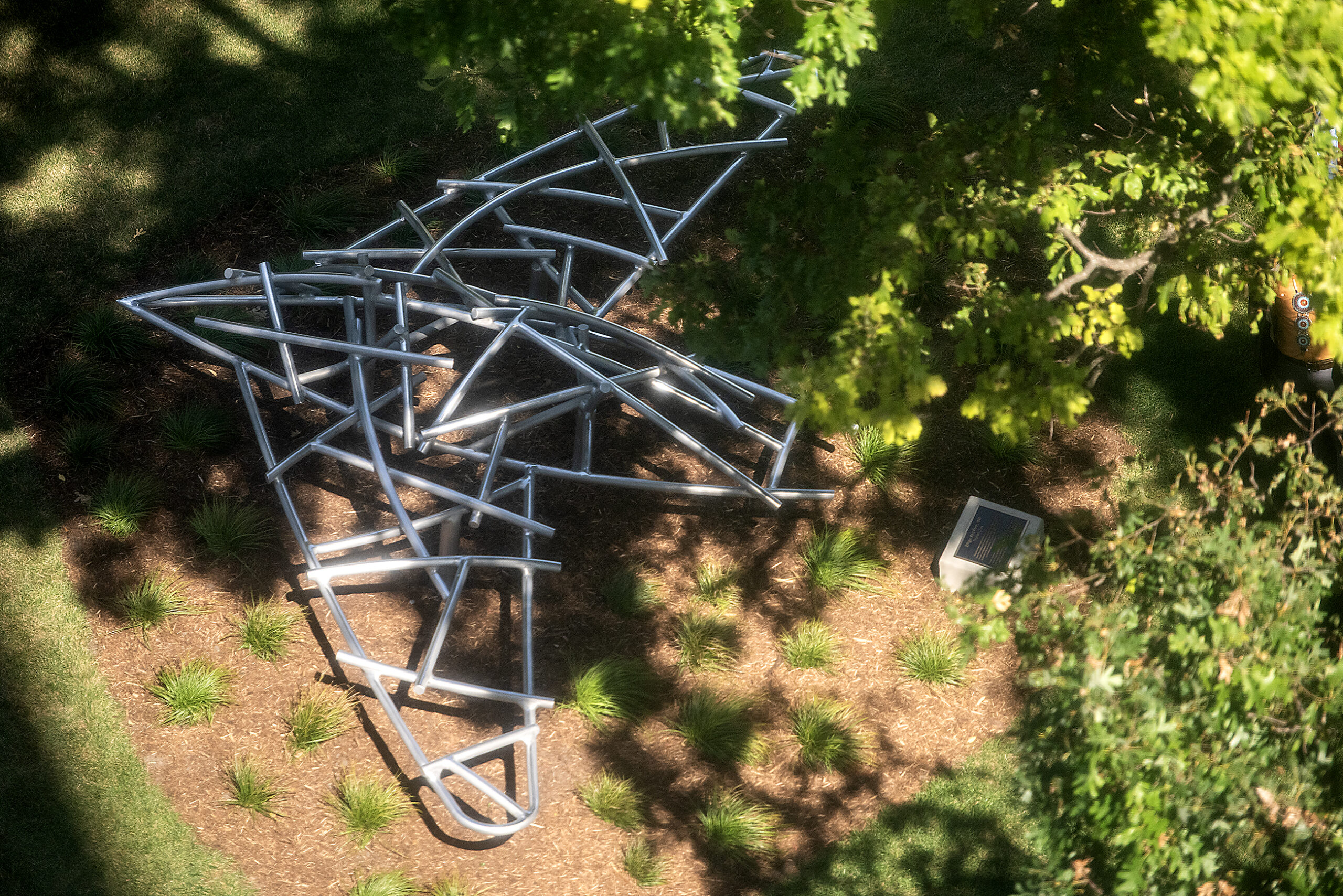
Brown said he’s noticed a renewed interest in Lowe’s legacy and hopes the attention helps inspire the next generation of Native artists.
“His art really shows … just historically that Native people can adapt. And they always have adapted, especially with colonization, always adapting to new materials, new ideas, new media, and Truman really did that,” Brown said.
Wisconsin Public Radio, © Copyright 2025, Board of Regents of the University of Wisconsin System and Wisconsin Educational Communications Board.

